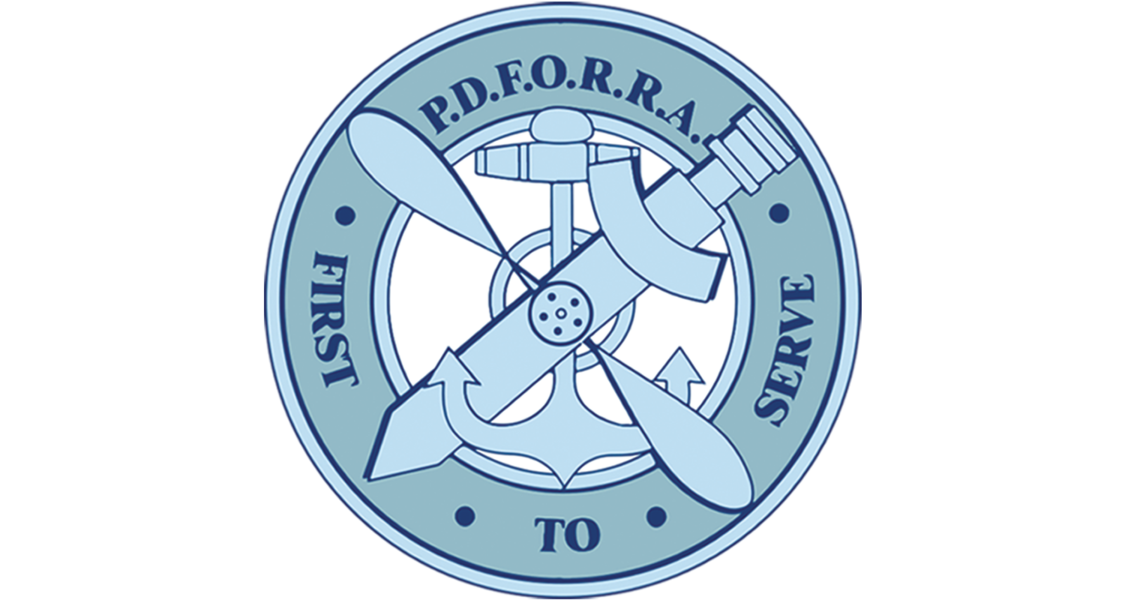
Minister for Foreign Affairs and Defence Simon Coveney has said that he accepted “virtually everything” in the report into the Defence Forces.
It was “probably the most significant report” into the Defence Forces in the last 50 years, he said.
The report recommends three options as part of a wide-ranging programme of reform of the military.
The first option looks at maintaining the Defence Forces in its current form but increasing spending by tens of millions of euros on the current budget of €1.1bn.
The second option would enable the Defence Forces to hire more people and to purchase the likes of radar equipment and military aircraft. This would cost about €500m extra annually.
The third option significantly increases the Defence Forces capabilities and would involve the purchase of fighter jets. It would cost €3bn each year to fund this.
It was going to be “hugely challenging” for the Government to respond to the report, Mr Coveney told RTÉ radio’s News at One.
The report did not pull its punches and he hoped it would now lead to a very positive debate about the Defence Forces.
Mr Coveney added that the report was “a very credible, hard-hitting honest report that the Government now needs to find a way of responding to”.
Ireland's Defence Forces could not adequately protect itself from the risk of an attack should one happen, he admitted.
It would take “four to five months” for the report to be analysed in great detail as there was a lot of detail in relation to pay and allowances that had to be examined.
The report contained strong recommendations about “the totality of remuneration package”.
When asked if there was the political will to address the concerns, Mr Coveney responded: “What we spend on defence in Ireland and what we have spent does reflect poorly on the priority of defence in Ireland.”
In order to ensure the Defence Forces were properly resourced, the Minister would have to make the political arguments to spend “potentially hundreds of millions of euro” when the money could be spent elsewhere.
In the report Ireland’s Defence Forces had been compared with eight other countries of similar population all of which spend “dramatically more than we do”.
There was a strong argument that the Defence Forces were under-resourced for what they were expected to do, added Mr Coveney.
Former Defence Forces officer Cathal Berry TD told the same programme that the report had the potential to be “transformational” if the resources were made available.
A simple measure would be to allow the two military representative organisations to affiliate with ICTU on the issue of pay.
Military representatives had been “locked out” of national pay talks for decades which had led to a widening gap between military pay and other pay.


